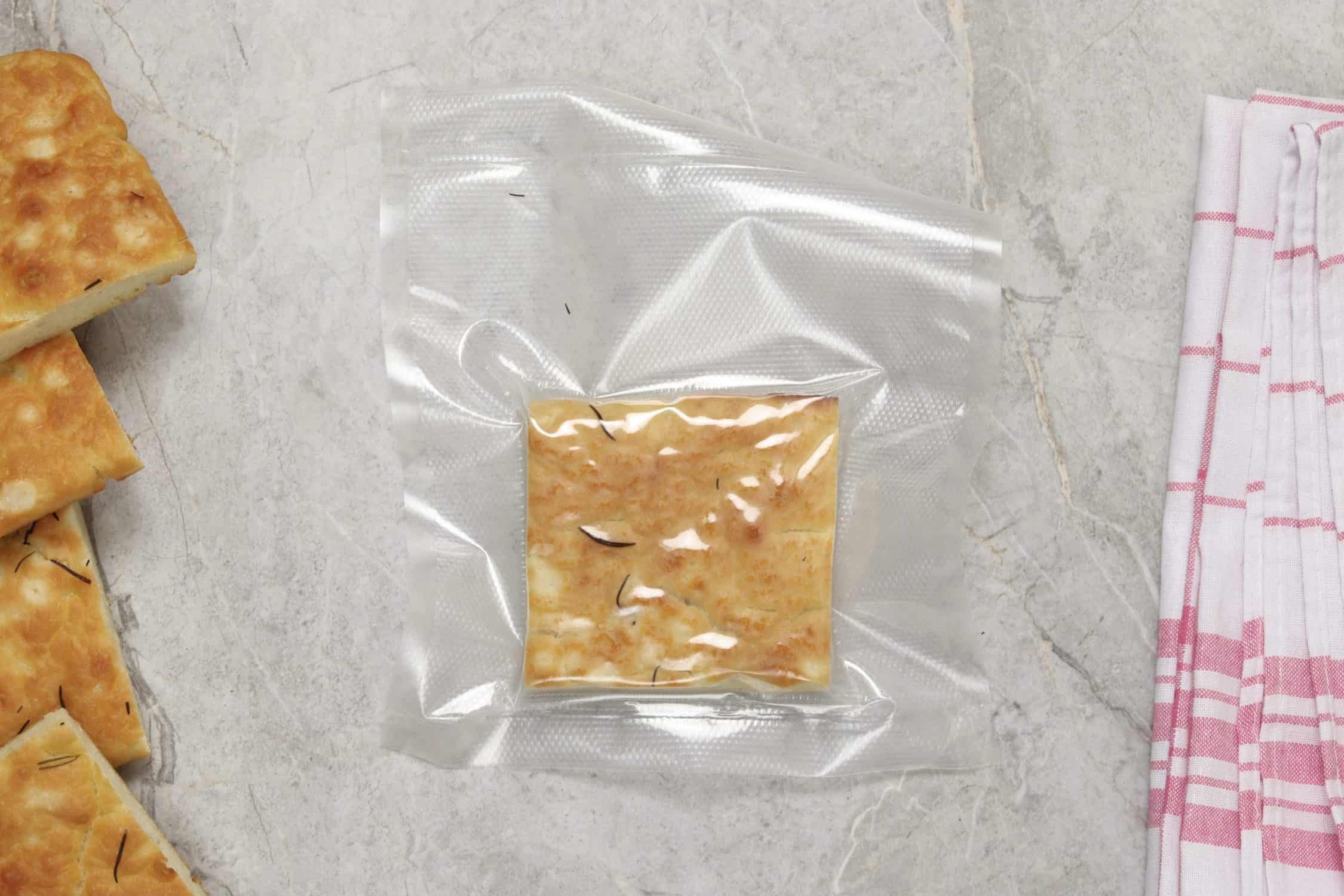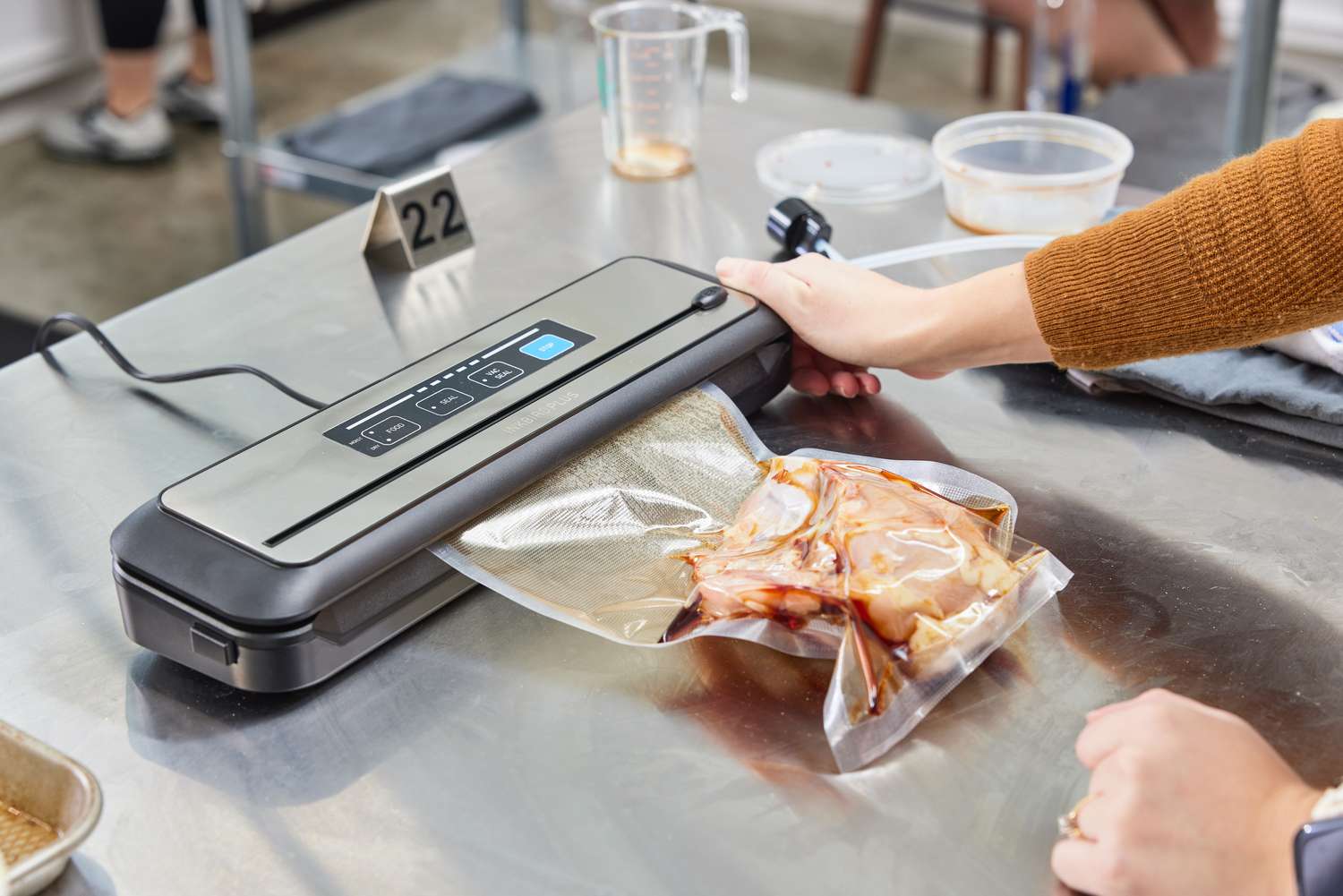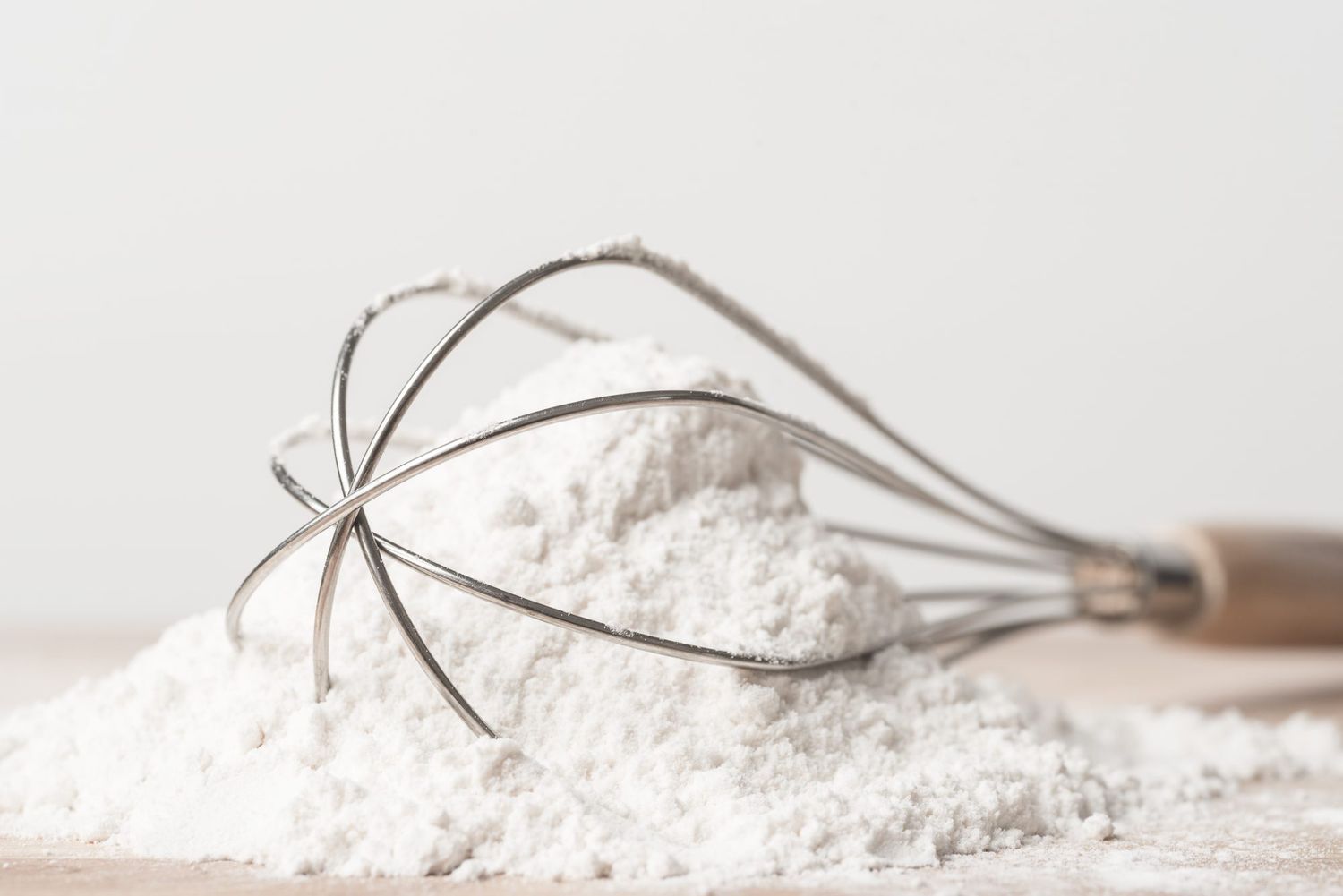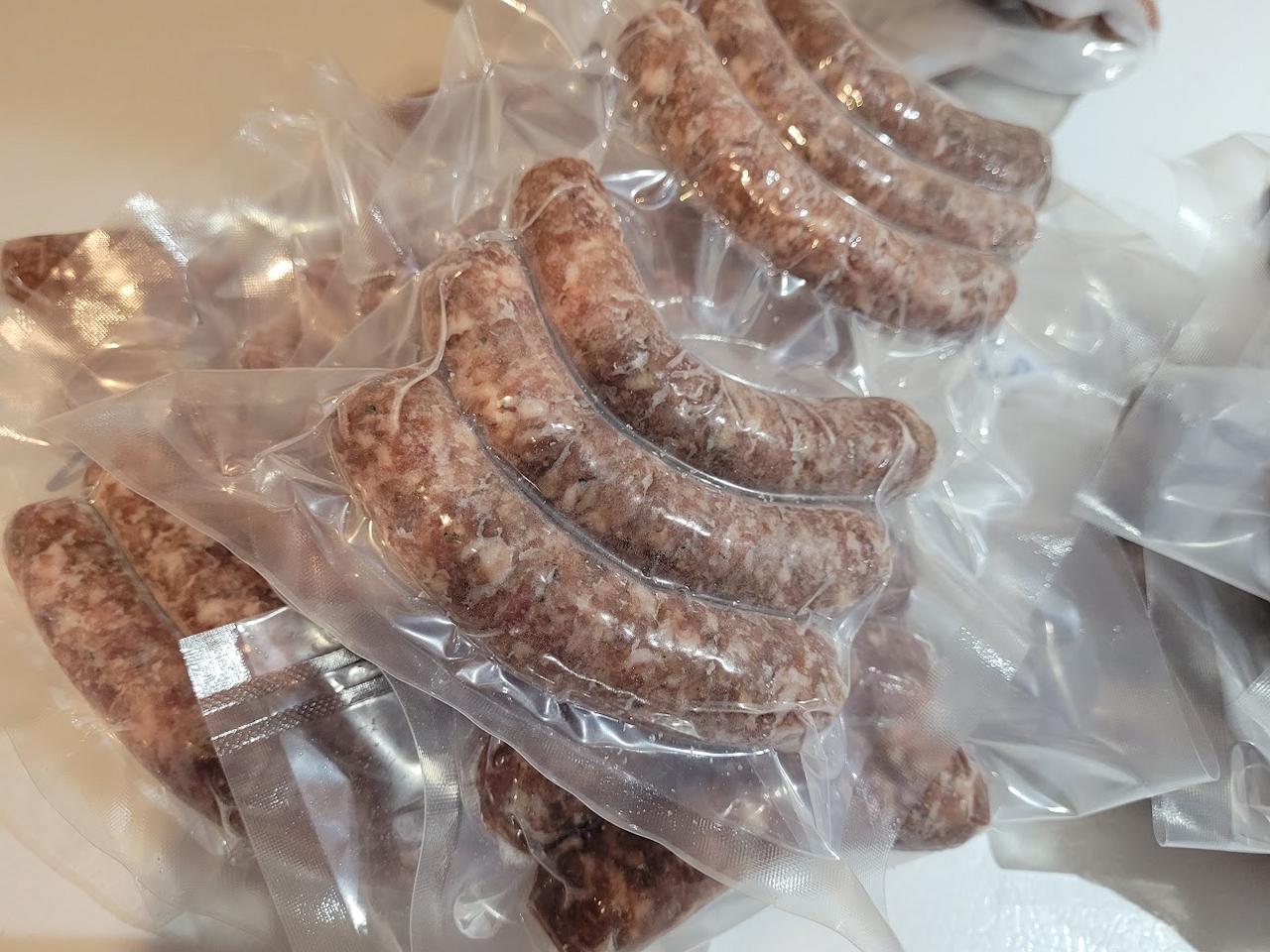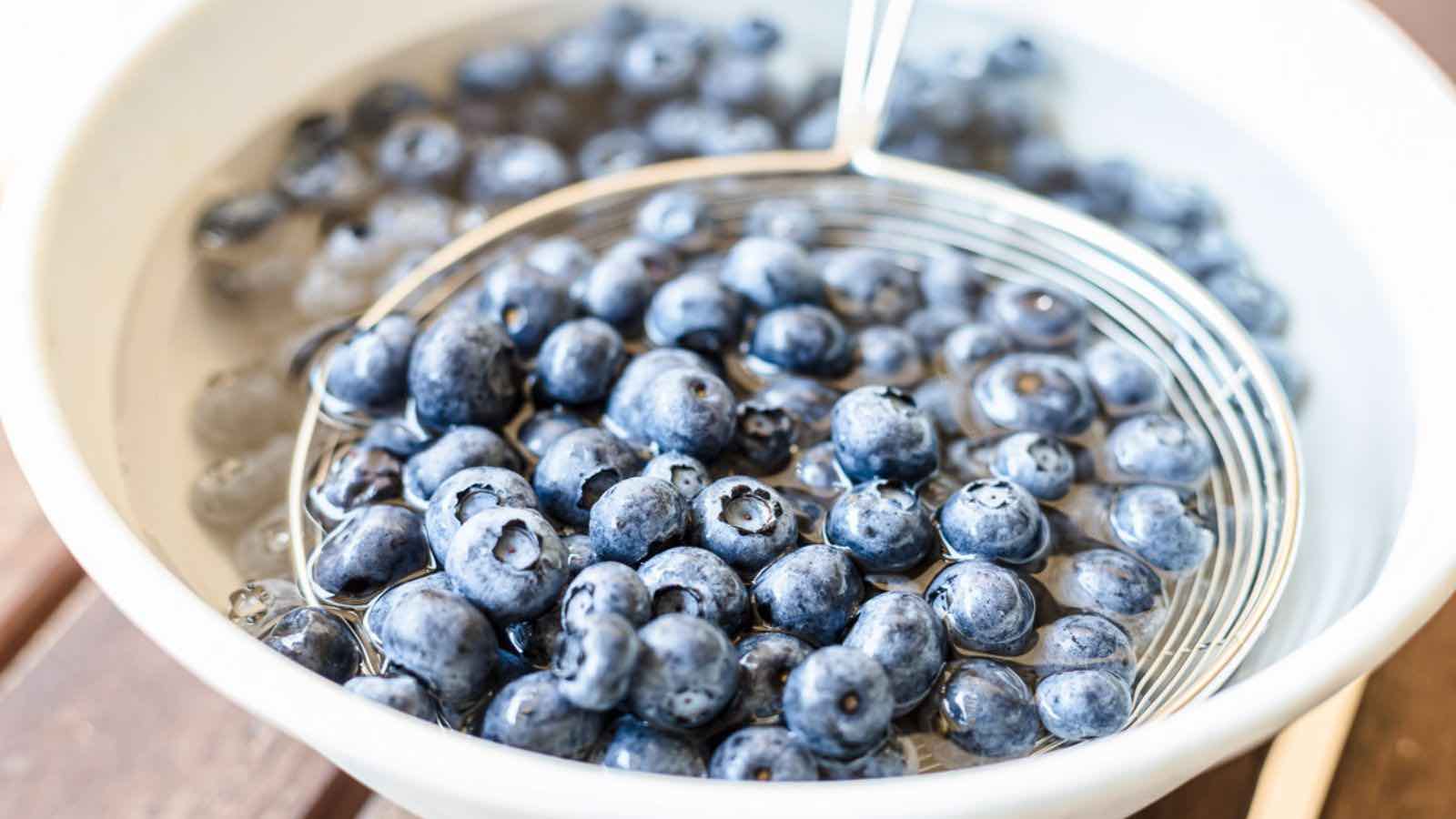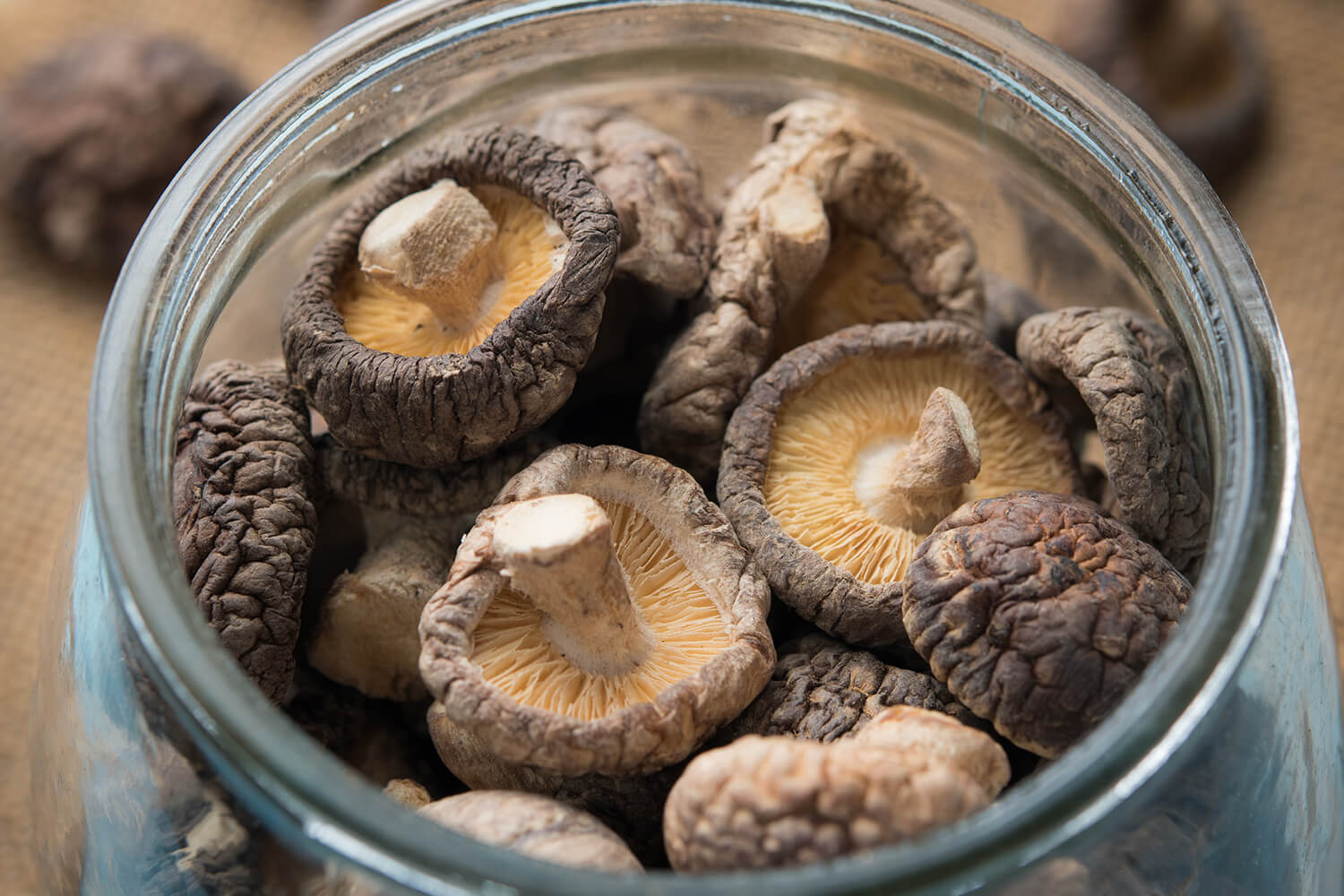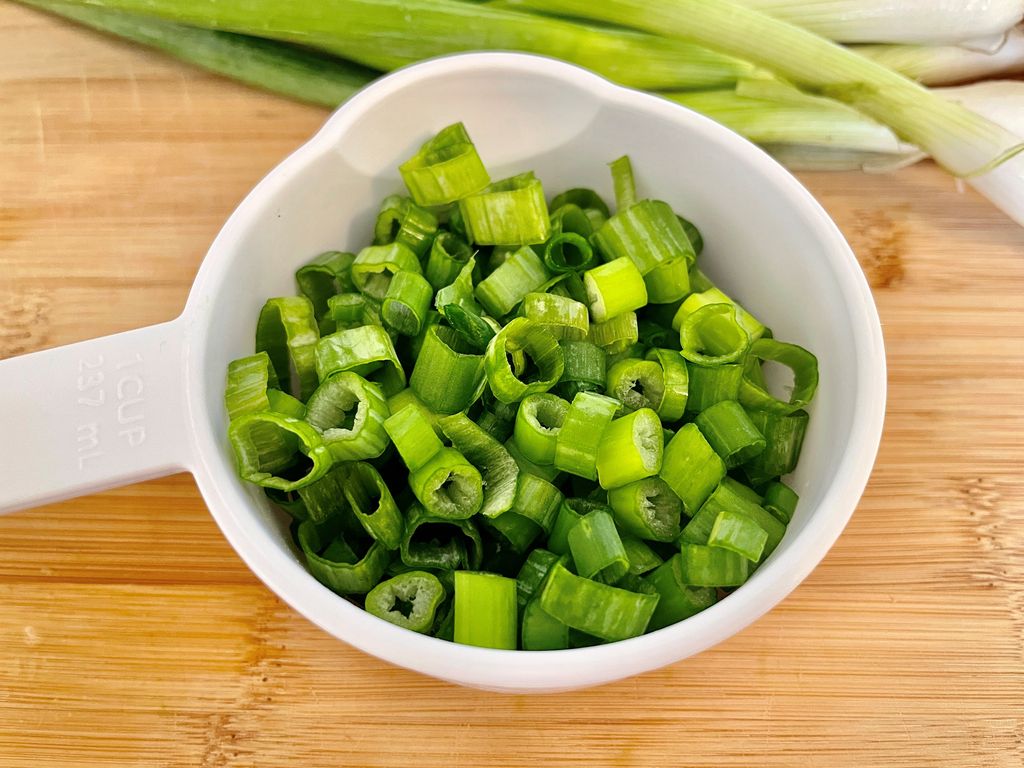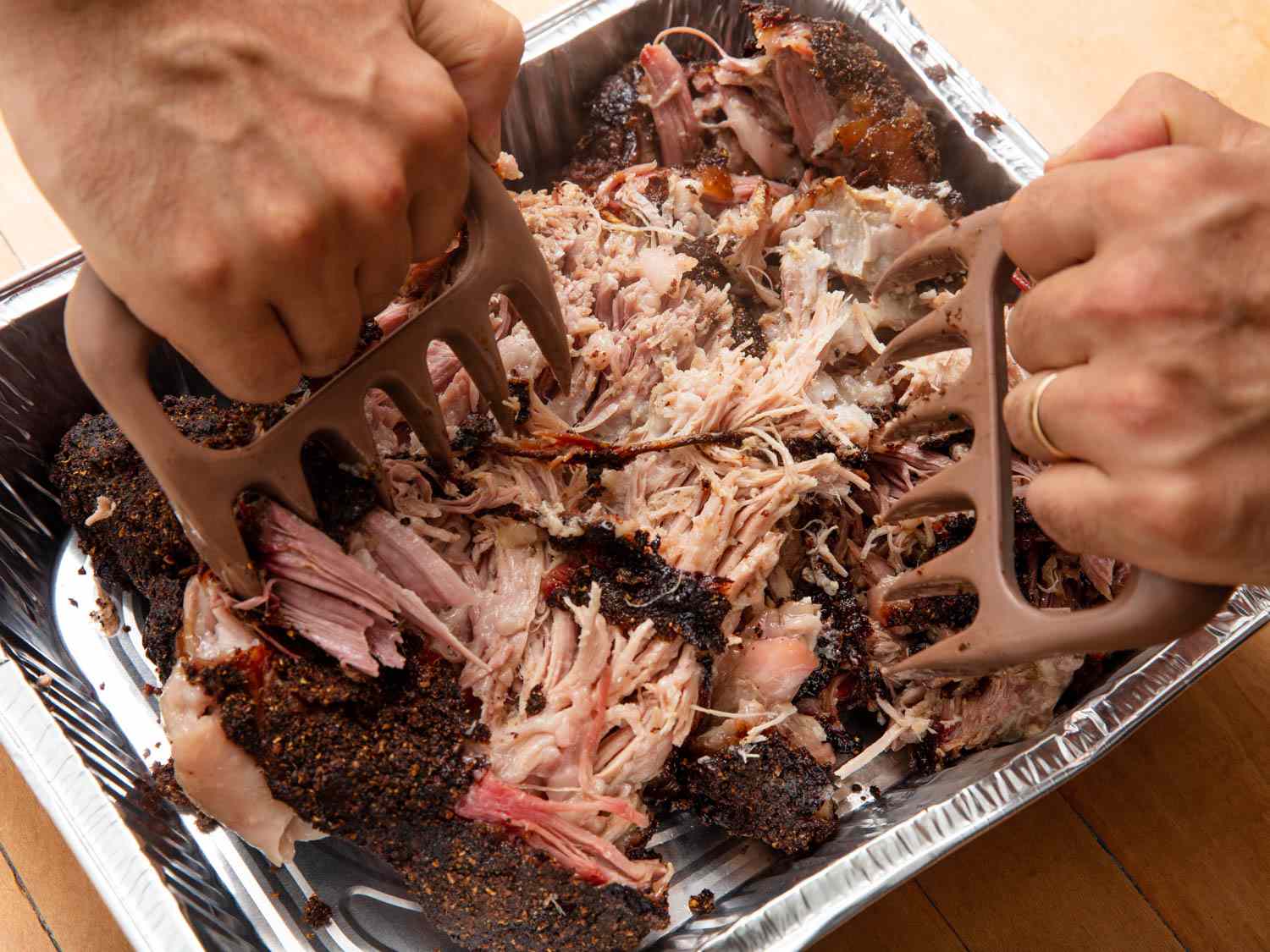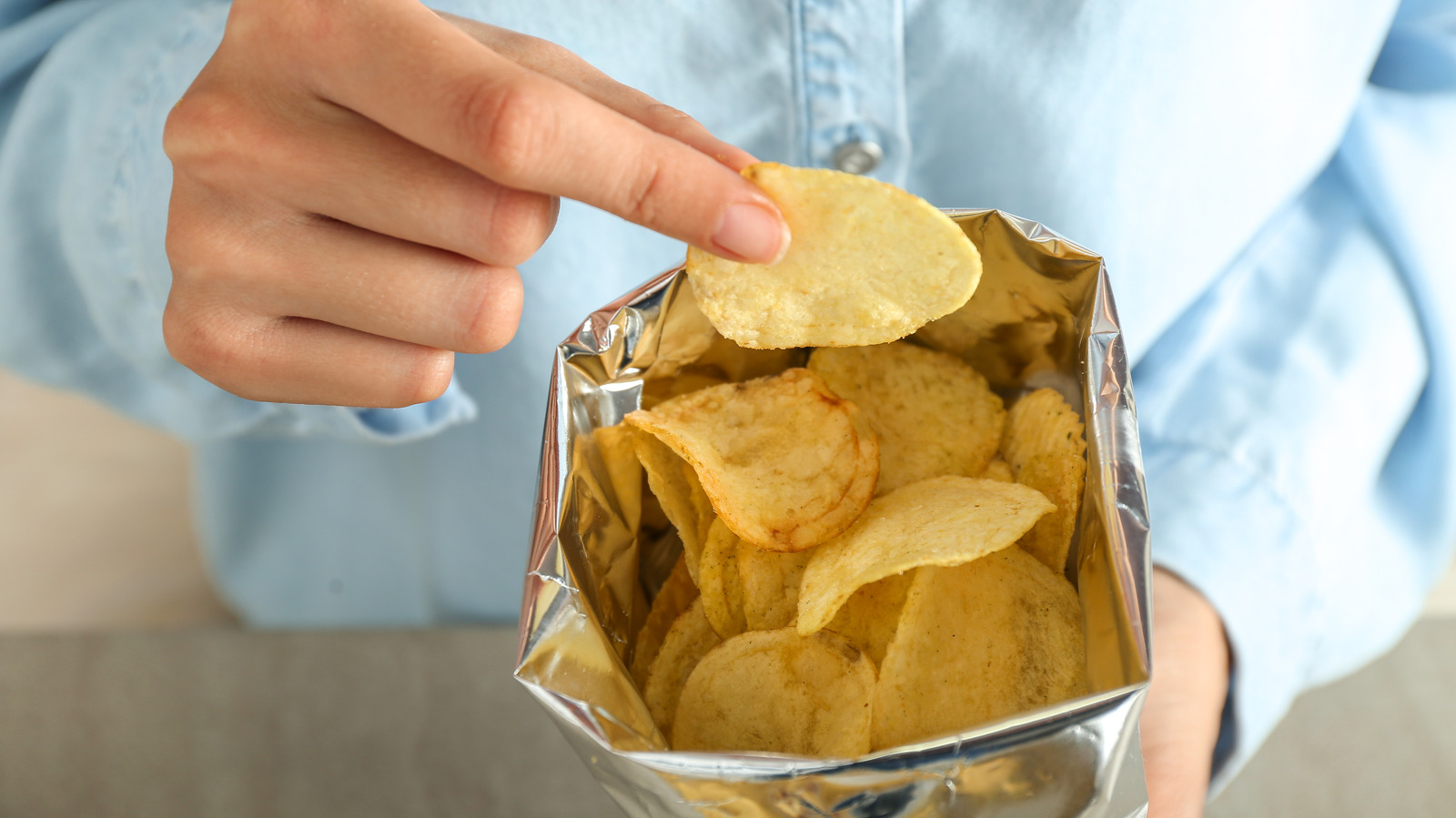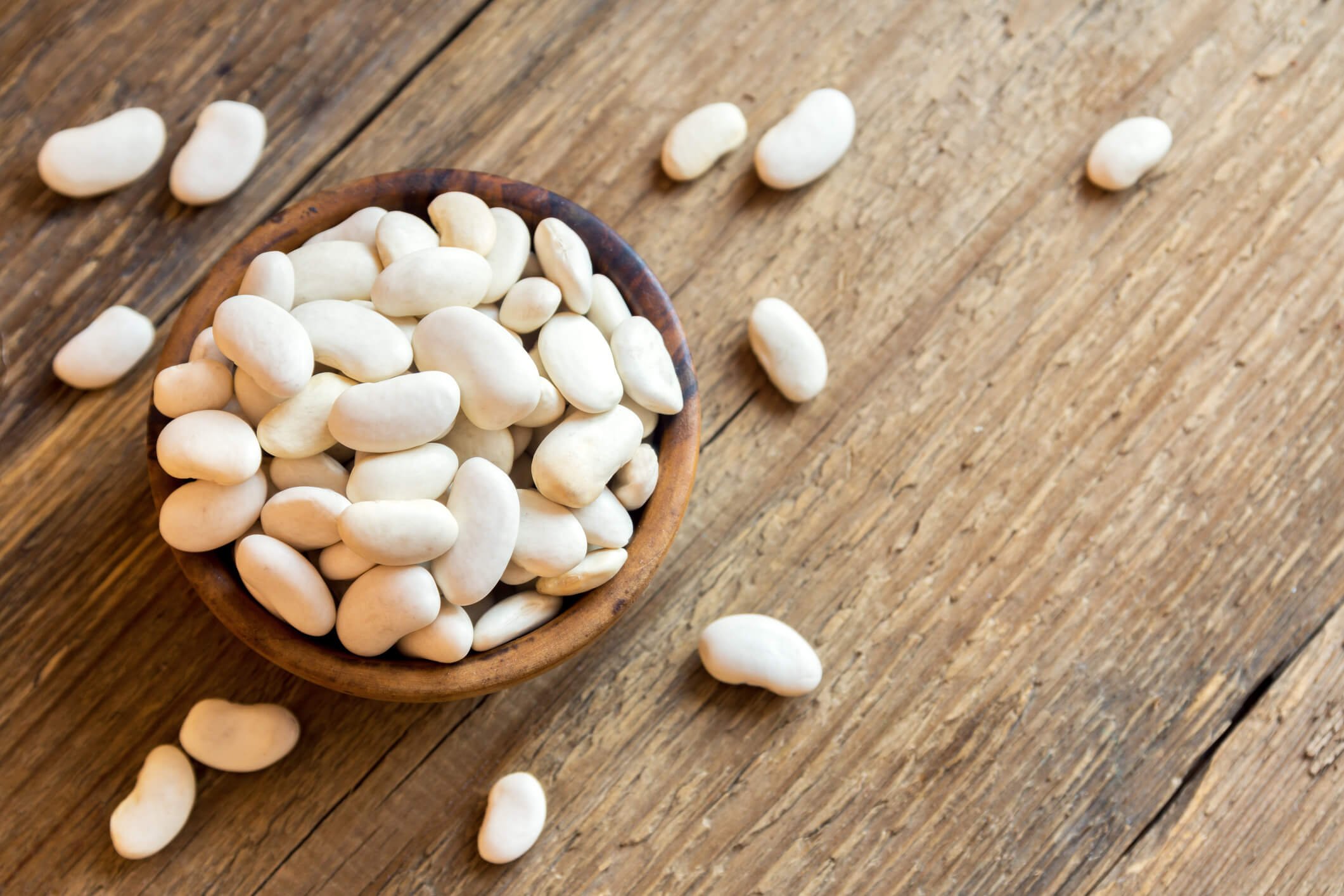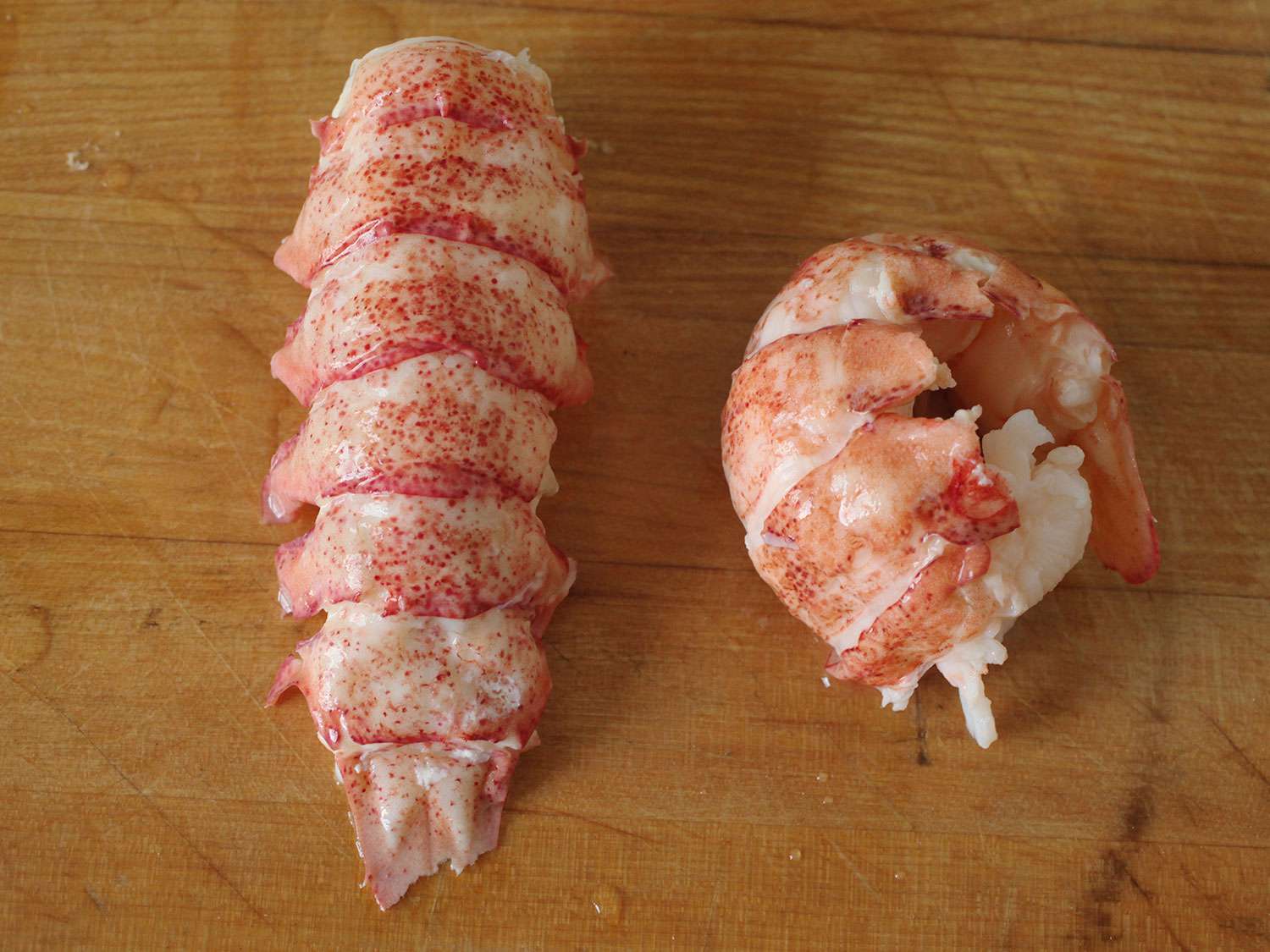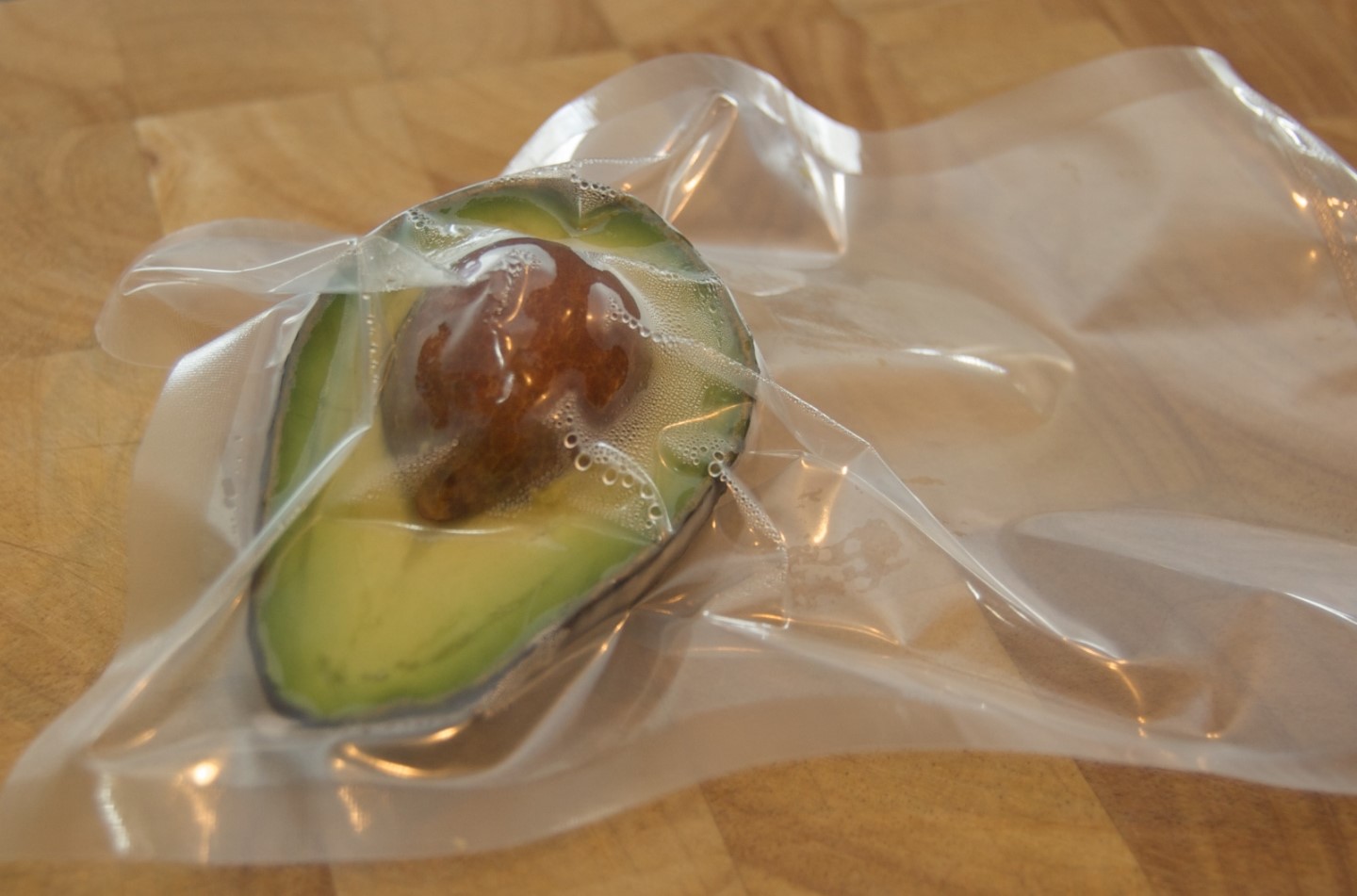Preserving the Freshness: Vacuum Sealing Cooked Eggs
Are you a fan of meal prepping or looking for a way to extend the shelf life of your cooked eggs? Vacuum sealing is a great method to preserve the freshness and flavor of cooked eggs for a longer period of time. In this article, we will guide you through the process of vacuum sealing cooked eggs, ensuring that they stay delicious and ready to eat whenever you need them.
Why Vacuum Seal Cooked Eggs?
Vacuum sealing cooked eggs offers several benefits, including:
- Extended shelf life
- Preservation of flavor and texture
- Prevention of freezer burn
- Convenient storage and organization
Steps to Vacuum Seal Cooked Eggs
Follow these simple steps to vacuum seal your cooked eggs:
- Cook and Cool: Start by cooking your eggs to your desired doneness. Whether you prefer hard-boiled, soft-boiled, or scrambled eggs, ensure that they are thoroughly cooked. Once cooked, allow the eggs to cool completely before proceeding to the next step.
- Prepare for Sealing: Once the cooked eggs are cooled, carefully peel the shells off, if applicable. Place the eggs in a suitable container or bag for vacuum sealing. If you are using a bag, leave enough space at the top for sealing.
- Vacuum Seal: Place the container or bag of cooked eggs into the vacuum sealer. Follow the manufacturer’s instructions for sealing, ensuring that the air is completely removed from the container or bag. Once sealed, label the package with the date and type of eggs for easy identification.
- Storage: Store the vacuum-sealed cooked eggs in the refrigerator or freezer, depending on when you plan to use them. Properly sealed and stored cooked eggs can last in the refrigerator for up to one week and in the freezer for several months.
Tips for Vacuum Sealing Cooked Eggs
Here are some additional tips to ensure successful vacuum sealing of cooked eggs:
- Use Fresh Eggs: Start with fresh, high-quality eggs for the best results.
- Avoid Overfilling: When using bags for vacuum sealing, avoid overfilling to allow for proper sealing without any liquid or contents getting in the way.
- Consider Seasoning: Before vacuum sealing, consider adding seasoning or sauces to the cooked eggs for added flavor. This can enhance the taste when you’re ready to enjoy them.
- Thorough Sealing: Ensure that the vacuum sealer effectively removes all the air from the container or bag before sealing to maximize the shelf life of the cooked eggs.
Enjoying Vacuum Sealed Cooked Eggs
Once your cooked eggs are vacuum sealed and stored, you can easily incorporate them into your meals. Whether you’re preparing a quick breakfast, a salad topping, or a protein-packed snack, having vacuum sealed cooked eggs on hand can save time and reduce food waste.
By following these simple steps and tips for vacuum sealing cooked eggs, you can enjoy the convenience and freshness of your favorite egg dishes for an extended period. Incorporate this preservation method into your meal prepping routine and enjoy delicious cooked eggs whenever you desire.
Happy vacuum sealing!
The guide to vacuum sealing cooked eggs opens up a world of culinary possibilities. For those who love a hearty salad, the Classic Cobb Salad with Vacuum Sealed Hard-Boiled Eggs offers a delightful mix of flavors and textures. If breakfast is your favorite meal, try the Protein-Packed Breakfast Burrito with Vacuum Sealed Scrambled Eggs or the Egg and Sausage Breakfast Sandwich with Vacuum Sealed Scrambled Eggs for a satisfying start to your day. For something a bit different, the Quick and Easy Egg Fried Rice with Vacuum Sealed Scrambled Eggs makes a great lunch or dinner option. Lastly, for an elegant touch, the Avocado Toast Topped with Vacuum Sealed Poached Eggs is a simple yet sophisticated choice. These recipes are not only delicious but also showcase the versatility and convenience of vacuum-sealed eggs.
Was this page helpful?
Read Next: How To Vacuum Seal Cake
